
Art-house films are usually smaller films aimed at niche markets. Many art-house directors and producers create films for artistic value, they have something to say and have more value beyond mere entertainment. Though some art-house films can also be incredibly entertaining.
Art-house often transcends genres, or utilises multiple genres to create unique films. In this sense art-house and sci-fi fit together well. Science-fiction is a genre that can be utilised for anything, from big blockbusters (Independence Day) to small obscure features shot in rented garage boxes (Primer). It mixes well with other genres like horror, action, drama and art-house.
A common theme in science-fiction is the human condition, and often sci-fi concerns itself with profound questions like what it means to be human, or the meaning of life in general. This is also something sci-fi has in common with art-house. It is therefore not strange that there are a number of great art-house sci-fi films around. They range all the way from well-known classics like ‘Stalker’ to small productions like ‘Évolution’, both of which are included on this list. Many great directors have tried their hand at art-house sci-fi, in the following list a well-rounded film fan would recognise quite a few names. Here are the greatest art-house sci-fi films.
15. Fahrenheit 451 (1966)
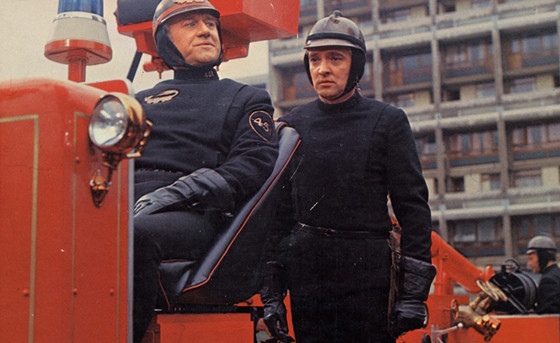
Fahrenheit 451 is the temperature at which a book burns. Guy Montag (played by Oskar Werner) is a fireman, which means he looks through peoples belongings to confiscate books and burn them. François Truffaut, one of the main pioneers of the ‘French New-Wave’, tackles Ray Bradbury’s dystopian novel. He paints a picture of a society complacent and wilfully ignorant. People live mostly inside, communicate through their televisions and hold vapid parties just to feel ‘popular’. Most importantly they do not read books because all those stories just serve to make you uncomfortable and unhappy.
‘Fahrenheit 451’ is one of those stories that tends to come back every generation. The more unique aspect of ‘Fahrenheit’ specifically is that the people themselves for the most part take care of their censorship. The mysterious government in the film seems to let even the book readers at rest if only they remove themselves from normal society. And most people seem rather content not to be disturbed by books; they enjoy their superficial entertainments and numbing drugs well enough. The parallels to current society in both censorship, mass-media and rise of reality tv are clear. In most societies 1984 never truly arrived (thankfully), but our complacency is all too prevalent.
14. Timecrimes (2007)
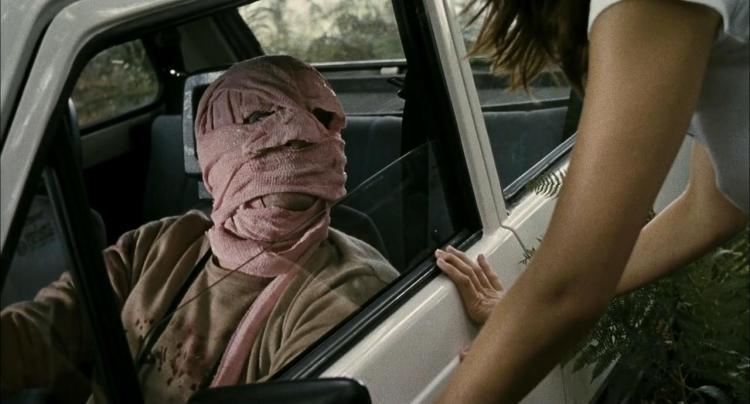
‘Timecrimes’ is an inventive little sci-fi horror that follows a man who accidentally gets send back in time. What follows is like almost all time travel movies confusing and paradoxical. However, ‘Timecrimes’ is smarter than most and uses its paradoxes to up the tension and create some unforgettable images. It drops you into the action and never lets go.
The way timetravel works in this film is that the timeloop is ‘closed’: everything that happens already happened. This way of seeing timetravel clashes with the idea of free will, but seems more logical than the timetravel that can change the past (which creates paradoxes like accidentally erasing your own existence). It does change the film into an intricate chess-game of actions and reactions. Which does not mean it is not entertaining, ‘Timecrimes’ tempo and tension alone will keep you watching.
13. Repo Man (1984)
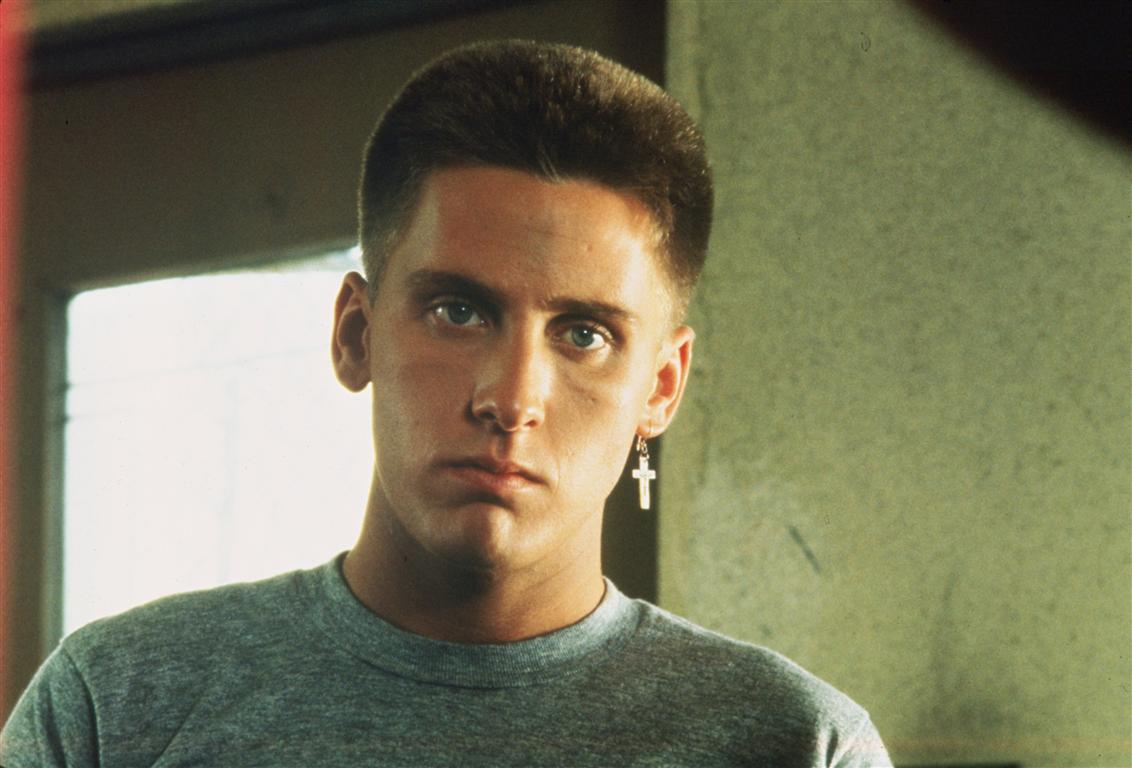
‘Repo Man’ by director Alex Cox is one of those rare films that combine all sorts of elements that seemingly should never be combined. But the stars aligned for ‘Repo Man’ and all parts fall into place to create a dynamic strange film that grew into a cult classic.
Otto (Emilio Estevez) a young punk is tricked/recruited into becoming a repo man by Bud (a fantastically sleezy Harry Dean Stanton). The rest of the plot involves a car with a high bounty on it with something mysterious in the trunk, shady government organisations and aliens.
‘Repo Man’ is a seedy little film, and it creates a world of strange and dysfunctional characters that is fantastic to watch. Gradually the bizarre plot starts slipping into these characters lives and what the watcher gets is a unique and slyly hilarious adventure.
12. Alphaville (1965)
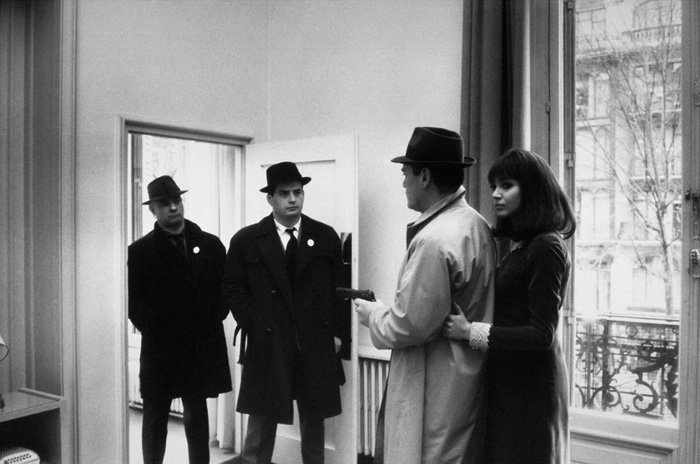
‘Alphaville’ sees another legendary French new-wave director trying his hand at science-fiction. Here Jean-Luc Godard imagines the future off-planet city of Alphaville as a dark and rigid, and populates this world with typical film-noirish characters and plot. Especially Anna Karina’s performance with her expressive eyes as the very noir Natacha von Braun is impressive. Secret Agent Lemmy Caution is send to Alphaville to find and destroy its ruler. The city and its inhabitants are for a large part dependant on the computer Alpha 60 and their society is oppressive. Love and poetry are banned in favour of logic.
‘Alphaville’ seems to have inspired many films to come. How Godard brings the computer Alpha 60 to live reminds one of HAL in ‘2001’, and the typical Godard playing with cinematic rules has been enthusiastically adopted by directors like von Trier and even Tarantino. As always Godard here experiments with cinematic language; his use of jump-cuts, extreme-close ups and the camera moving away from what we expect to see to emphasize certain details. It may not always work perfectly but it is always interesting.
11. Évolution (2015)
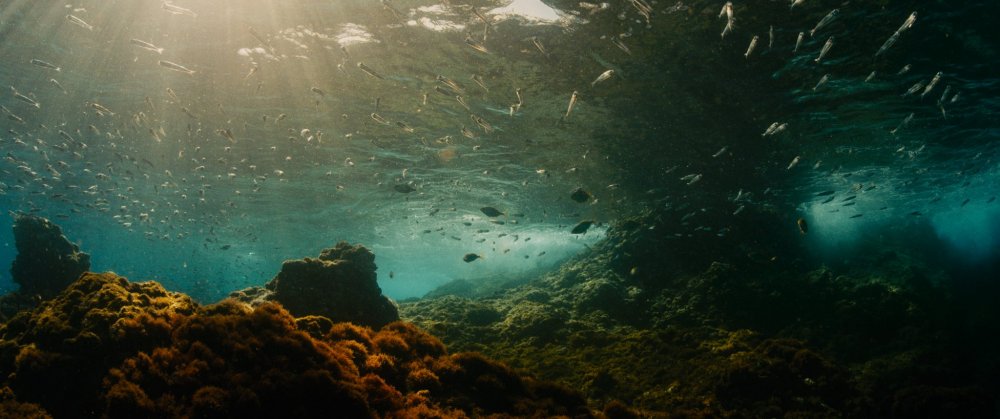
‘Évolution’ is a Lovecraftian vision following a young boy living on an island where there are no men, only boys and adult women. Nicolas, played by an impressive young Max Brebant, starts finding out things are not right.
‘Évolution’ is directed by Lucile Hadzihalilovic with a precise hand. There is little exposition and when Nicolas starts exploring his environment (first the island, later a nightmarelike hospital) the scenes he encounters are rarely explained. The mood is perfectly nightmarish and director Hadzihalilovic makes each shot a painting. Meant for those that like to be immersed in a unique vision.
10. Hard to be a God (2013)
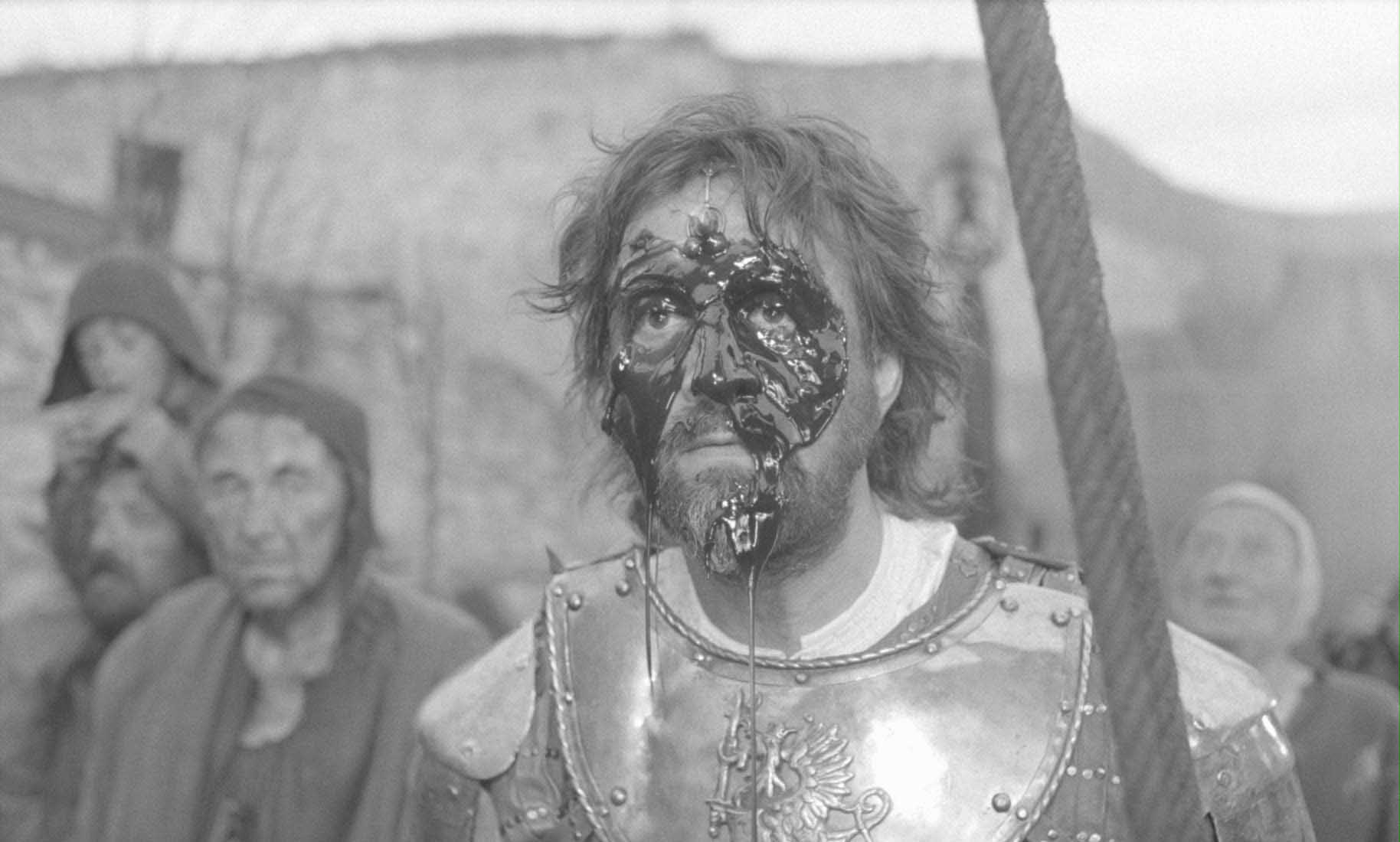
Director Aleksey German spent nearly 13 years shooting this dense sci-fi film. It follows a number of scientists sent to a planet where the inhabitants destroy every person who shows intellectuality. This has made the population effectively stuck in medieval times. The group of scientist have taken over parts of this realm and rule like gods.
‘Hard to be a God’ is not easy to grasp. It is a long film, shot in beautiful black and white in long takes and it abhors any exposition. It mostly shows obscure rituals, the world it portrays is violent, dirty and the frame always crowded with objects and people not unusually covered in what is hopefully mud.
The best way to categorise ‘Hard to be a God’ is probably that it echoes a twisted, nihilistic Tarkovsky film. The look of the film is comparable to ‘Andrei Rublev’; with its numerous peasants drudging through the mud and rain, but without the spiritual elements to hypnotise you. ‘Hard to be a God’ is, well, a hard watch. It is violent, uncompromising, and uncomfortable. But it is an absolutely unique experience.
9. Midnight Special (2016)
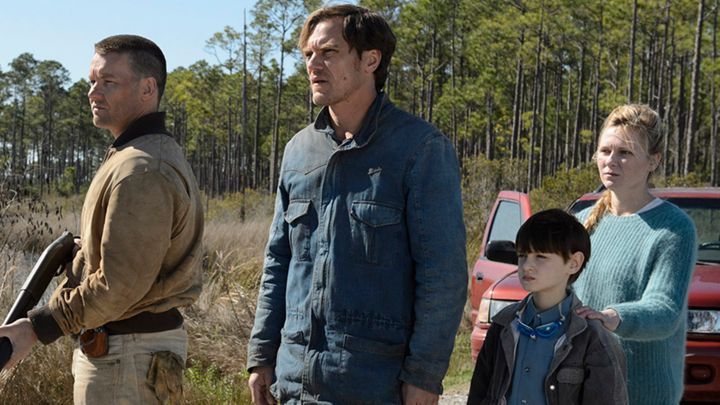
After two highly acclaimed films (‘Take Shelter’, ‘Mud’) Jeff Nichols made this lesser-known sci-fi gem. ‘Midnight Special’ follows a father and son on the run from the authorities; the son is assumed to have special abilities the government would like to get their hands on.
‘Midnight Special’ is something of a science-fiction fairy-tale. It takes you on a tense ride, with themes of fatherhood and ethics along the way. As always Michael Shannon gives a fantastic performance, and “Midnight Special’s” final conclusion is one of beauty. You don’t need to know too much about it, just dive in.